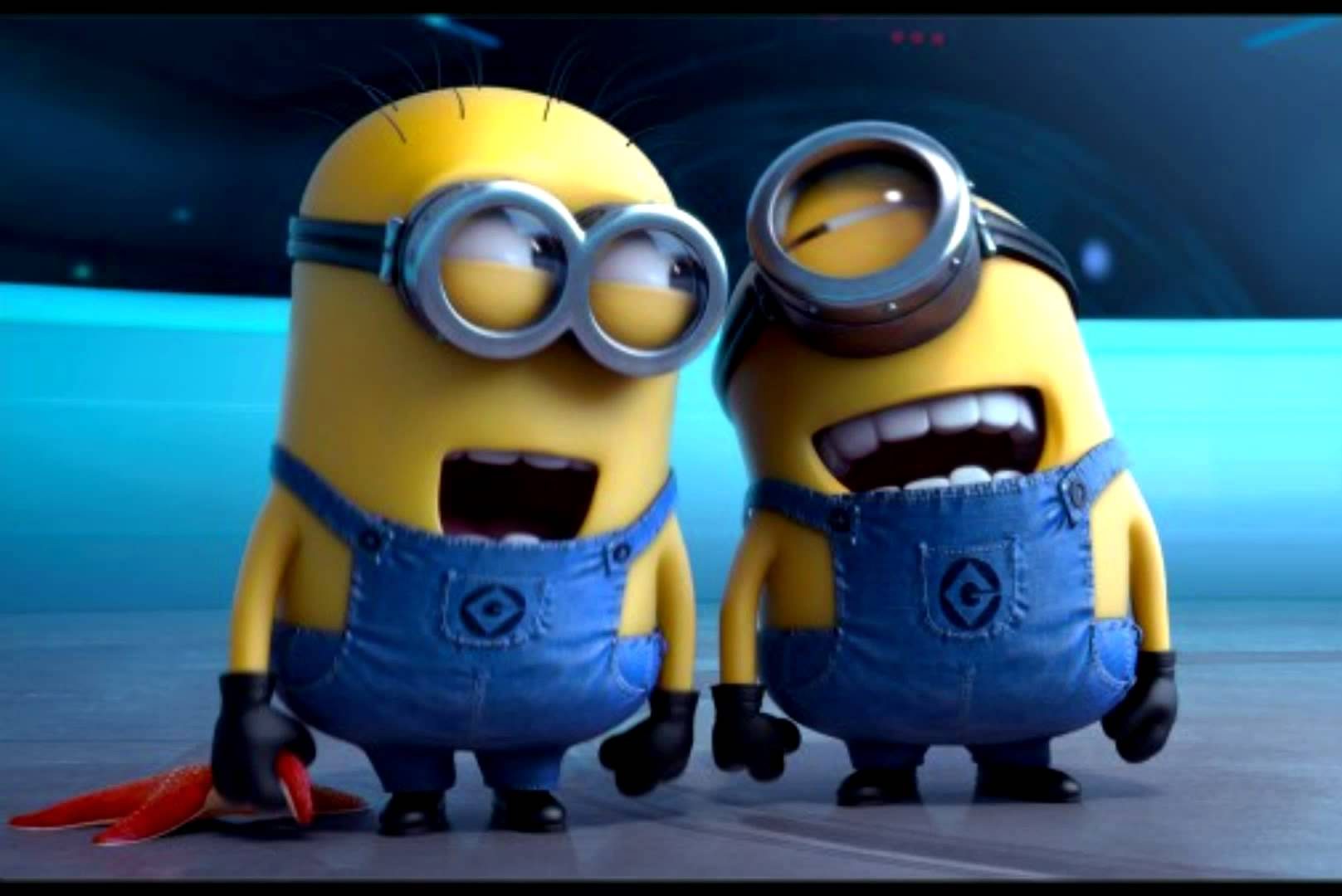At the end of “Masechet Makot,” the volume of the Talmud called “Makot,” on pages 24a and 24b, there are two similar stories. In each, the same group of great scholars hears something or makes an observation which evokes from the majority of the group the expected human reaction, namely, tears. But one among them seems to have nearly super-human sensitivity. For he laughs. In each case, they explain their tears, and he explains his laughter.
“Rabban Gamliel, Rabbi Elazar ben Azaryah, Rabbi Yehoshua and Rabbi Akiva were walking in the vicinity of Rome. From far away, they heard the sounds of a thriving metropolis, and three of them began to cry, but Rabbi Akiva laughed.”
“They said to him, ‘Why are you laughing?’ ”
” ‘And you, why are you crying?’ ”
” ‘These barbarians, who bow to idols and burn incense for false gods, are living in peace and security, while we, the footstool of whose G-d is burnt with fire – should we not cry?’ ”
“He said to them, ‘That is exactly why I am laughing. If people who violate the will of G-d have it so good, how much better will those who act according to His Will, have it?’ ”
“Another time, the same group of scholars were walking towards Yerushalayim. When they reached Mt. Scopus (from which it is possible to see the Temple Mount), they tore their clothing. When they arrived at the Temple Mount, they saw a fox running out of the area where the Holy of Holies had been. They began to cry, while Rabbi Akiva laughed.”
“They said to him, ‘Why are you laughing?’ ”
“He responded, ‘Why are you crying?’ ”
” ‘If from the place about which it is written, ‘And the stranger who enters there, shall die,’ we see a fox coming out, should we not cry?’ ”
” ‘For that very reason, I am laughing. Yeshayahu the Prophet said, ‘I will bring two reliable witnesses regarding my People, Uriah the Priest and Zecharya ben Yevarech’yahu. ‘(Yeshayahu 8:2) Now what do Uriah and Zecharya have to do with each other? Uriah prophesied in the time of the First Temple, and Zecharya in the time of the Second Temple! But the verse in Yeshayahu makes Zecharya’s prophecy dependent on Uriah’s.’ ”
” ‘In Uriah’s case, it is written, ‘Therefore, because of you, Zion will be plowed under like a field.’ (Michah/Uriah 3:12) In the case of Zecharya, we find, ‘Yet again, elderly men and elderly women will sit in the streets of Yerushalayim, (and each will have a staff in his or her hand from great age. And the streets of the city will be full of children, playing in her streets.’ – extension of quote) (Zecharya 8:4-(5)) Until I saw the fulfillment of Uriah’s prophecy, I had some doubt as to whether Zecharya’s prophecy would come true. Now that I have seen Uriah’s prophecy fulfilled in full detail, I know that Zecharya’s prophecy will also be fulfilled.’ ”
“Hearing that, Rabbi Akiva’s colleagues said to him, ‘Akiva, you have comforted us. Akiva, you have comforted us.’ ”
Now Rabbi Akiva’s colleagues were not your ordinary-Jew-on-the-street type people. They were all men of genius and depth beyond our comprehension. Yet, when they saw the vastly depressing sight of the plowed-under Temple Mount with a fox running out of the former Holy of Holies, they could not restrain their tears.
Only Rabbi Akiva, a Jewish Hero of all the Ages, who was the spiritual leader of the Bar Kochba Revolt against Rome in 135 C.E., and who maintained his full faith in Hashem despite its failure as well, who could laugh as his life was being torn from him by the sadistic Roman torturer/executioner because he saw this as his opportunity to love G-d with his “entire life,” could see in the tragedy of the “Churban” the basis for the glorious destiny and Redemption of the Jewish People.

